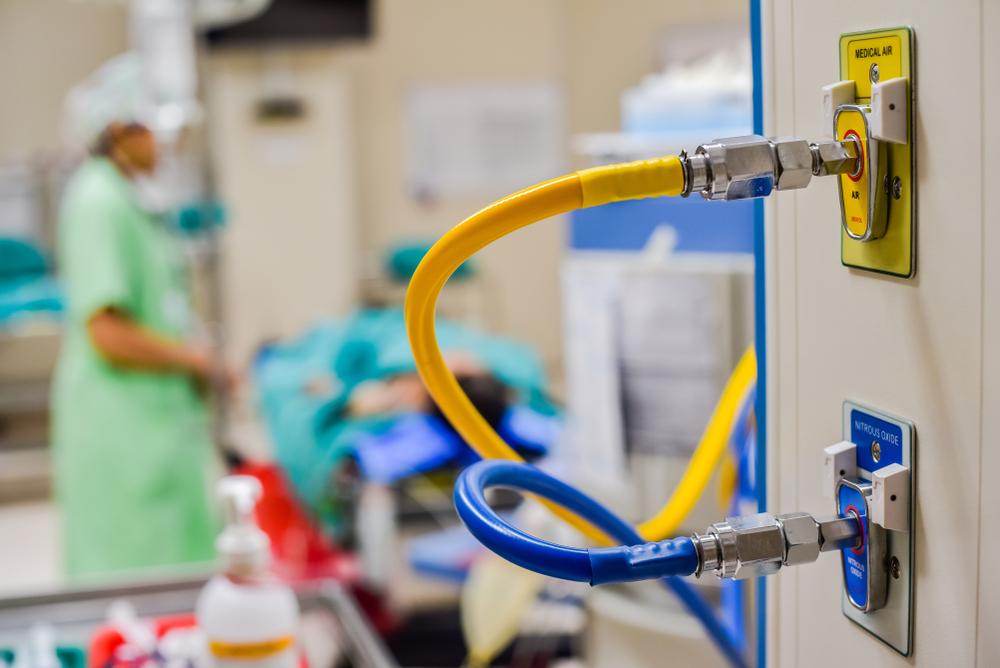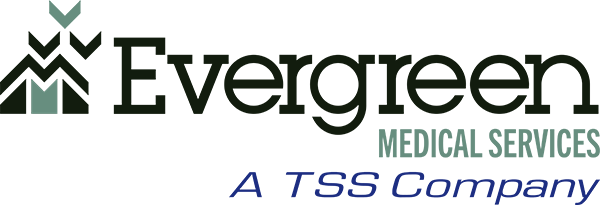
To safeguard patients, workers and visitors at your healthcare facility, you must follow a framework such that you and your team know you are staying up to code.
Part of your responsibility includes designating a Responsible Facility Authority. RFAs are part of the standard in all facilities that use medical gas systems, as outlined in the 2021 update of the National Fire Protection Association 99 Health Care Facilities Code.
Previously, many facilities did have an optional RFA position on staff. But with the code update, having an RFA is mandatory, concerning your medical gas and vacuum systems.
Here’s more insight into the responsibilities and qualifications of the individual you’ll designate as the RFA in your facility.
RFA Responsibilities
The National Fire Protection Association updated its codes in 2021, clarifying responsible facility authority requirements where medical gas systems are in use.
Becoming more familiar with RFA qualifications and responsibilities is prudent before you designate an individual in your organization to take on this role.
As noted in the NFPA’s Section 5.1.14.1, an RFA’s duties include knowing how to advise colleagues about the various code issues in the facility, given their relative risks.
Sections 5.1 through 5.3 of the NFPA 99 provide the relevant information for medical gas systems code in the following category facilities:
- Category 1
- Category 2
- Category 3
Your RFA must develop a “permit-to-work” system to supervise a cycle of maintenance, repair and education about your facility’s medical gas systems and the tools you need to keep the equipment in good working order.
In a nutshell, an RFA verifies you are implementing all NFPA codes when updated. Patient and staff safety and the quality of care you provide will depend on the diligence and efforts of the RFA.
What Are the Qualifications to Be Designated as an RFA?
The chief qualifications for being designated as an RFA include:
- Demonstrated competence in medical gas system requirements (from a training and education perspective)
- Knowing the requirements of such crucial tasks as 6020 in-wall pipeline inspections
- Willing to understand the nature of compliance to the point of being able to teach others in your facility about your programs and policies
- Prepared to accept the responsibility of testing the medical gas system equipment regularly
- Supervisory acumen to train, oversee and help ensure employees know their responsibilities and how to meet them regarding NFPA 99 code requirements.
Have Questions About Your Facility’s Medical Gas Systems?
The role of RFA is complex and quite technical, and it involves a degree of supervision to ensure that the process of maintenance, repairs and ongoing education goes appropriately. Your RFA sees to it that your staff stays abreast of the latest NFPA codes for healthcare facilities.
To help you help your staff follow industry best practices and adhere to the latest mandates from the National Fire Protection Association, the experts at Evergreen Medical Services are standing by.
We provide a comprehensive range of medical gas system services. Our experts also teach maintenance, inspection and installation courses, such as preparing to meet the qualifications of an RFA. To learn more or consult with us, contact us today.
When you raise the level of professionalism in your healthcare facility, you’ll be improving the health and safety of patients, guests and employees.
